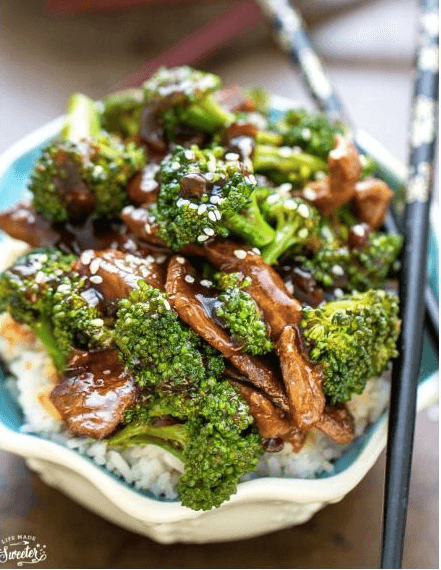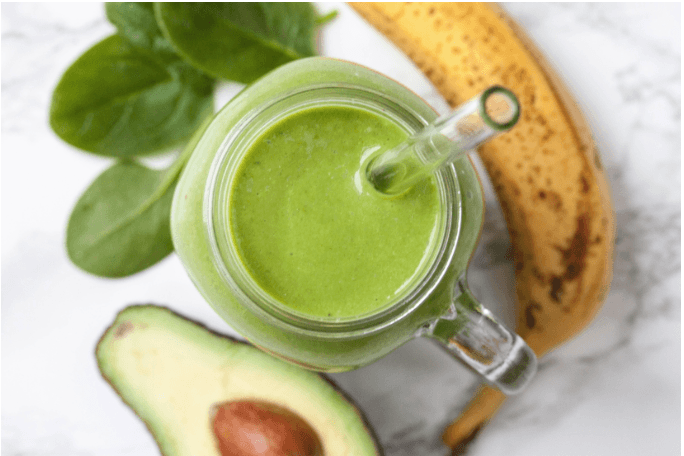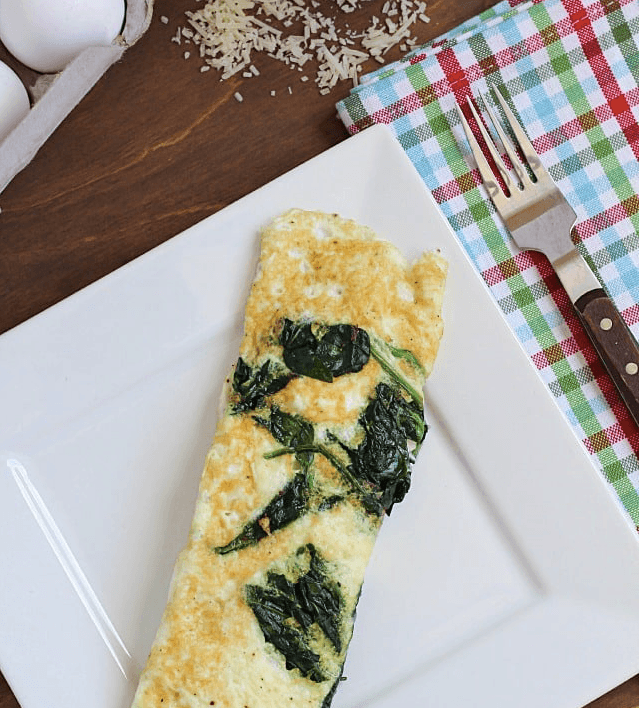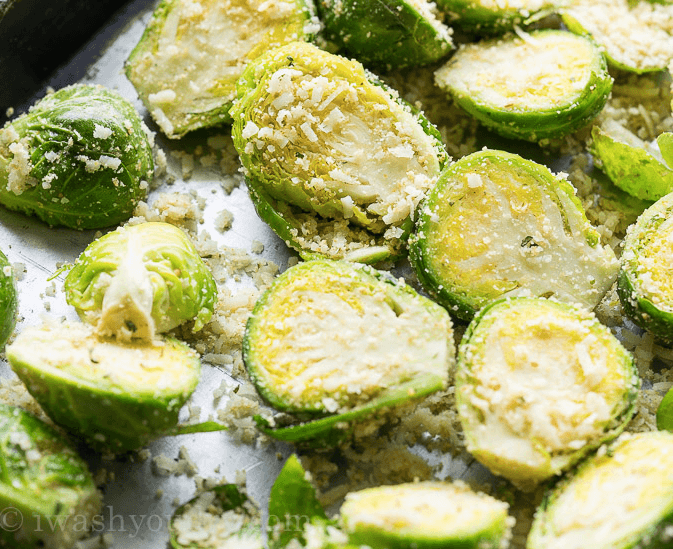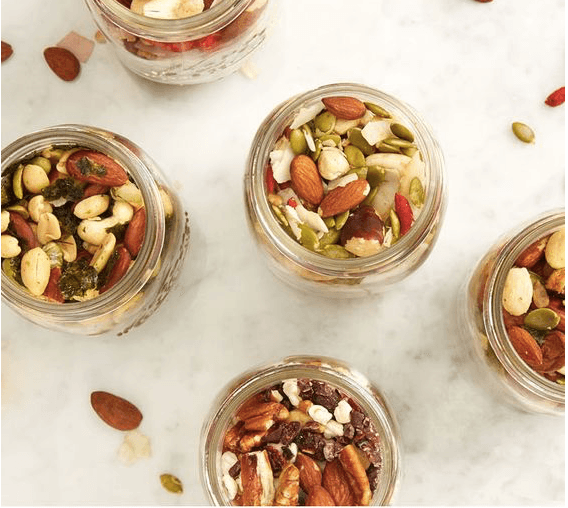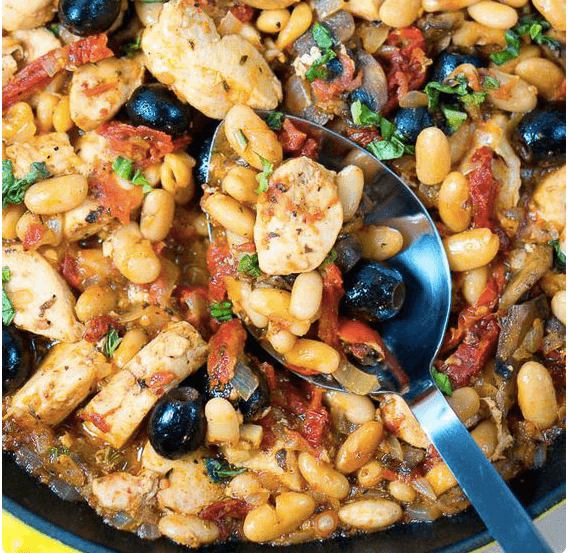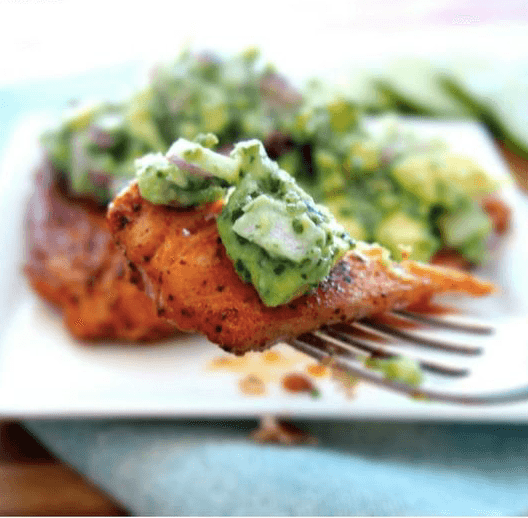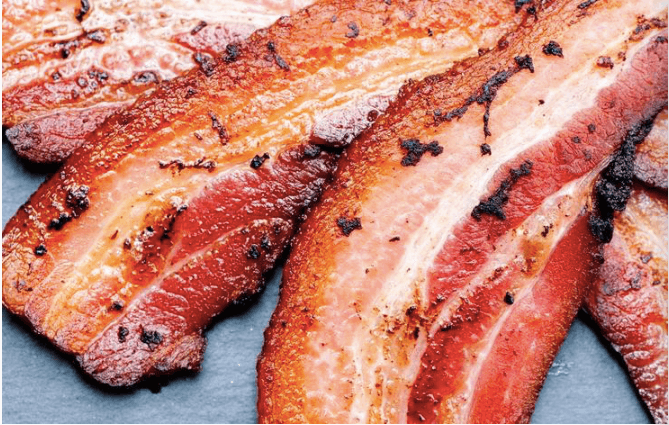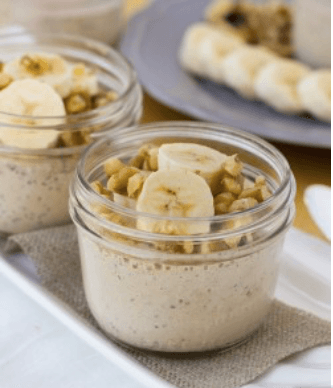There is no shortage of diet trends out there. You are inundated, daily, with articles that scream out: EAT THIS, NOT THAT!
But all of those headlines seem to completely disagree with each other. It can be exhausting trying to figure out what is good for you, and what is not good for you.
Will eggs contribute to good health, or will they force your cholesterol levels to sky rocket? Sound familiar? Maybe you’re the kind of person who loves red meat but has become nothing short of a vegetarian thinking meat makes you gain weight.
Do your meal contains lean protein, like chicken or fish, but leave out anything that might be considered fatty? How come? Does your mouth water at the thought of a baked potato, but you forego them for fear of carbs and starch?
Think back. Who first put it into your head that meat was bad for you? That even a little bit of starch would make you put on pounds? Was that person a friend who had read one of those many articles, or was it a dietician who knew your health personally? Probably the former, right? What if I told you that eating meat could actually contribute to weight loss and not hinder it?
If you don’t eat meat for personal values, such as animal welfare, this section is not for you. But if you don’t eat meat because you’re afraid it’s going to make your jeans fit too tight, read on.
The Important Nutritional Components of Fat
- Minerals
In fact, meat has body-necessary minerals like magnesium, zinc and iron. These minerals promote healthy bones, aid the immune system and even maintain energy levels. Iron is especially important; lack of this mineral can lead to anemia and fatigue. - Protein
Meat is also rich in protein. I was a vegetarian for a portion of my life, and the thing I heard the most was, “How will you get enough protein?” While there are plenty of ways to get protein in your diet without animal products, meat still remains one of the best ways. Not only is it high in protein, but it’s easily digested by the body [1]. - Startch
No, you shouldn’t make it a point to live off meat and potatoes alone, but both contribute to a healthy body and a healthier lifestyle. Starchy foods give your body the energy it needs to function while also delivering fiber, calcium, iron and B vitamins. While the myth remains that starchy foods such as rice, pasta and potatoes are fattening, they actually contain fewer than half the calories of fat .
The real danger lies in added fats used to cook and serve starches. Aim for potato skins, wholegrain breads, breakfast cereals, brown rice and whole wheat items when adding starches to your diet. Eat no more than about 1/3 of your daily food intake. - Cholesterol
Cholesterol is actually key in your health, but it’s all about portion control here. It can be a little tricky to correctly include it in your diet, but if you are knowledgeable, you’ll be just fine.
There are two types of cholesterol, one good and the other bad. LDL is bad. HDL is good. It’s important to have enough of the HDL and not much of the LDL. It’s about balance. Your body needs the good kind in order to build cells, circulate blood and keep you generally healthy. Surprising, huh?
Ten Foods With Fat You Should Integrate Into Your Diets
Now that you know it’s okay to eat healthy (good) fats, starchy foods and nom noms containing cholesterol, let’s discuss ten things you can integrate into your diet to lose weight and be healthier in general.
1. Grass Fed Beef
Red meat has healthy fat that improves heart health and reduce belly fat. They also have acids that fight off LDL cholesterol (the bad one). This recipe for beef and broccoli is good for you and can even be served alongside a healthy starch!
2. Avocados
Again, a lot of people stay away from their avocado cravings because they are “fatty.” But they contain the good kind of fat that your body needs! You should still limit yourself to about 1/4 to 1/2 an avocado per serving, the monounsaturated fats contain oleic acid which helps you feel full longer. The green berries also fill you with protein and fiber [2].
This avocado smoothie is a delicious and easy way to integrate healthy fat into your day!
3. Eggs
Eggs, if eaten in moderation, are not detrimental to your cholesterol levels. Eating eggs in the morning can help you feel full and satisfied longer. Aim for locally raised, organic eggs. These are usually the highest in omega-3s [3].
If you’re still a little nervous about jumping on the egg bandwagon, this recipe uses only egg whites for an easy spinach and egg omelette.
4. Cheese
Cheese lovers, rejoice! It turns out this delicious treat is actually good for you! Like anything else, there’s a bit of a caveat to this one; you can’t eat pizza three times a day in hopes of being “healthy,” but you can enjoy parmesan and a good cheese board.
Parmesan provides a good source of probiotics which are essential for gut and immune health. It also has protein and calcium! Try this recipe for parmesan roasted brussels sprouts to feel like you’re cheating on a diet.
5. Nuts
When it comes to being healthy, knowing how to snack is so important. Nuts are high in vitamin E, fiber, protein and even magnesium. Opt for almonds, walnuts and macadamia nuts when you need a snack [4]. Try any of these five trail mix recipes and keep a handful at work!
6. Dark Chocolate
It seems too good to be true, doesn’t it? But dark chocolate is, in fact, good for you! Dark chocolate is 11% fiber and contains over 50% of your daily recommended amounts of iron, magnesium, copper and manganese. As if this wasn’t enough, it even has antioxidants – more than blueberries!
Try these dark chocolate superfood bites for a quick energy boost at work.
7. Olives
Olives, like avocados and dark chocolate, are filled with good fats. No matter what type of olive you like, they’re all good for you! Some studies have even suggested olives may help prevent cancer and bone loss. Stick to 5 large or 10 small olives at a time [5]. Try this recipe for one skillet tuscan chicken that has protein, good starches and of course, olives!
8. Salmon
Salmon, and other oily fish, is full of omega-3 fatty acids and has been proven to improve heart health. Eat two servings a week to get all the health benefits salmon has to offer. Try this recipe for grilled salmon with avocado salsa to get tons of health goodness in one meal.
9. Bacon
You read that right! It turns out bacon, in moderation, can be great at preventing Alzheimer’s while also being a fantastic source of B vitamins and zinc! It even aids in serotonin production – the feel-good hormone your brain produces when you’re happy! Look for pasture-raised hormone-free bacon [6]. Try this recipe for loaded cauliflower (a loaded baked potato dupe ) topped with bacon!
10. Flax and Chia Seeds
These little guys may be tiny, but they are packed full of some incredibly nutrients. These seeds are plant-based sources of omega-3s and have proven to help lower cholesterol and keep your heart healthy. You can add them to salads and smoothies, but try this recipe for banana flax chia seed pudding if you really want to pack a punch.
Reference
| [1] | ^ | Dennison Meat Locker: The Facts About The Importance of Meat In Nutrition |
| [2] | ^ | EAT THIS:20 HEALTHY FATS TO MAKE YOU THIN |
| [3] | ^ | Health: 13 Healthy High-Fat Foods You Should Eat More |
| [4] | ^ | Authority Nutrition: 10 High-Fat Foods That Are Actually Super Healthy |
| [5] | ^ | SELF: 19 Healthy Fats And High-Fat Foods You Should Be Eating |
| [6] | ^ | Prevention: Pasture-Raised Bacon |

